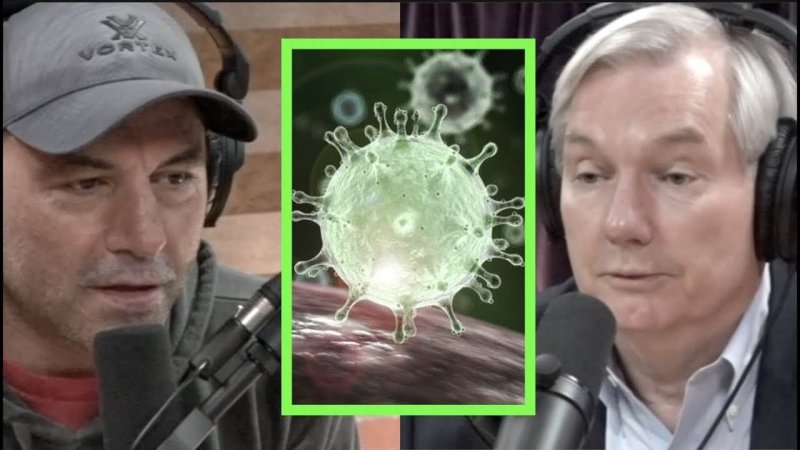Joe Rogan’s public misrepresentation of a 2015 vaccine study has gone viral. His misunderstanding of the study leads Rogan to wrongly conclude that vaccinating people against COVID-19 will increase the chances of some hyper-virulent mutation…. “Joe Rogan is getting this completely wrong,” says Andrew Read, professor of biology and entomology at Pennsylvania State.
[Editor’s note: On September 1, Rogan revealed he had tested positive for COVID. He has not said whether he will get vaccinated. He also said he has taken the horse parasite drug ivermectin, which scientists say provides no documentable benefits to treat COVID and may pose health dangers. On August 30, the FDA sent a letter to veterinarians and animal health product retailers to stop dispensing to humans prescriptions of the version of the drug targeted for animals.]
…
“Think about what’s happening with evolution,” offers Read. “Mutations can occur anytime the [virus] replicates. So the more replication, the more variants are generated. At the moment, the vast majority of the replication is happening in unvaccinated people. You can tell that because the majority of cases in the hospital are unvaccinated individuals. That is where the evolutionary action is happening at the moment.”
Even though variants are more likely to emerge in unvaccinated people, a variant from a vaccinated person is still possible. Either way, the answer is vaccines. If a new variant emerges, “we can get second-generation vaccines,” Read accurately points out, as pharmaceutical companies are already developing boosters and second-generation vaccines. “There’s tons of things we can do in the future. Right now we need to vaccinate as much as possible.”































